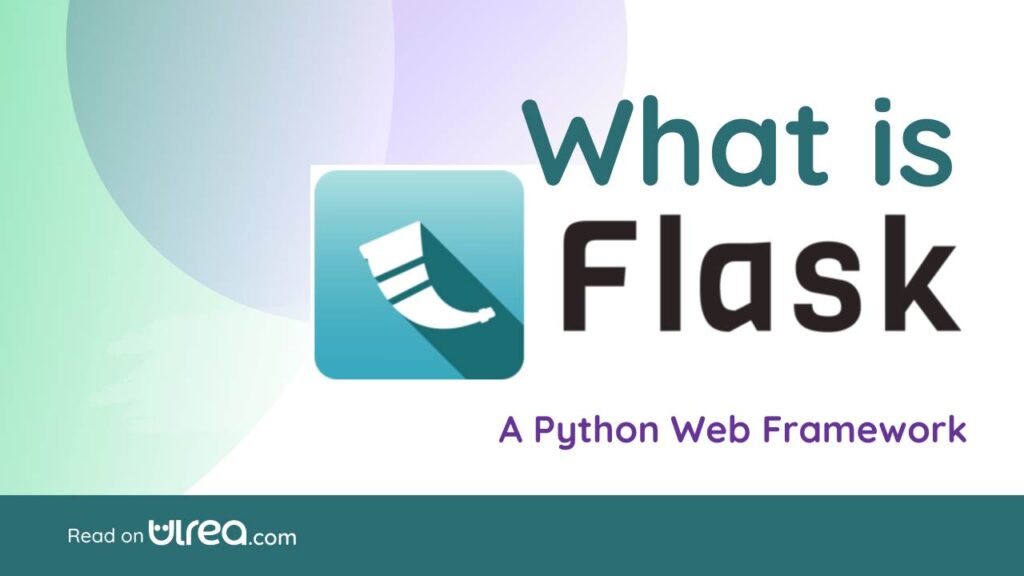In today’s fast-paced business world, enterprise software plays a crucial role in helping organizations streamline their operations, improve efficiency, and drive growth. But for someone who is new to the concept of enterprise software, understanding the different types of hosted enterprise software can be a bit overwhelming. In this article, we will explore three types of hosted enterprise software that are commonly used by businesses across various industries.
What is Enterprise Software?
Before we dive into the different types of hosted enterprise software, let’s first understand what enterprise software is all about. Enterprise software refers to a set of computer programs that are designed to address the needs of large organizations, such as corporations, government agencies, and educational institutions. These software solutions are typically used to manage various aspects of a business, including customer relationship management, human resources, finance, supply chain management, and more.
Types of Hosted Enterprise Software
When it comes to enterprise software, there are three main types of hosted solutions that businesses can choose from: Software as a Service (SaaS), Platform as a Service (PaaS), and Infrastructure as a Service (IaaS). Each type of hosted enterprise software offers unique benefits and features, depending on the specific needs of the organization. Let’s take a closer look at each type:
1. Software as a Service (SaaS)
Software as a Service, or SaaS, is a cloud-based software delivery model in which the software is hosted and maintained by a third-party provider. With SaaS, businesses can access the software over the internet, without the need to install or manage it on their own servers. This type of hosted enterprise software is ideal for organizations that want to quickly deploy software solutions without the hassle of managing infrastructure.
One of the key benefits of SaaS is its scalability and flexibility. Businesses can easily scale their usage of the software up or down based on their needs, without having to invest in additional hardware or software licenses. Additionally, SaaS solutions are typically subscription-based, which means that businesses can pay for only what they use, making it a cost-effective option for many organizations.
According to a report by Gartner, the global SaaS market is expected to reach $145 billion by 2022, indicating the growing popularity of this type of hosted enterprise software among businesses of all sizes.
2. Platform as a Service (PaaS)
Platform as a Service, or PaaS, is another type of hosted enterprise software that provides a platform for developers to build, deploy, and manage applications without the complexity of maintaining the underlying infrastructure. With PaaS, businesses can focus on developing their applications, while the PaaS provider takes care of the hardware, operating system, and other infrastructure components.
PaaS offers a range of benefits for businesses, including faster time-to-market, reduced development costs, and improved collaboration among development teams. By leveraging PaaS solutions, organizations can accelerate their application development process and quickly respond to changing market demands.
According to a study by IDC, the worldwide public cloud services market, including PaaS, is projected to reach $500 billion by 2023, highlighting the increasing adoption of cloud-based platforms among businesses worldwide.
3. Infrastructure as a Service (IaaS)
Infrastructure as a Service, or IaaS, is a type of hosted enterprise software that provides virtualized computing resources over the internet. With IaaS, businesses can rent virtual servers, storage, and networking infrastructure from a cloud provider, rather than investing in and managing their own physical hardware.
IaaS offers businesses the flexibility to scale their infrastructure up or down based on their needs, without the upfront costs and maintenance associated with traditional on-premises infrastructure. This type of hosted enterprise software is particularly well-suited for organizations that require a high level of control over their infrastructure and want to leverage the benefits of cloud computing.
According to a report by MarketsandMarkets, the global IaaS market is expected to reach $101 billion by 2023, driven by the increasing demand for scalable and cost-effective infrastructure solutions among businesses worldwide.
Conclusion
In conclusion, hosted enterprise software offers businesses a range of benefits, including scalability, flexibility, cost-effectiveness, and improved efficiency. By understanding the different types of hosted enterprise software, organizations can choose the right solution that best meets their specific needs and objectives. Whether it’s SaaS, PaaS, or IaaS, each type of hosted enterprise software has its own unique features and advantages that can help businesses drive growth and success in today’s competitive market.
If you’re looking to leverage the power of hosted enterprise software for your organization, consider exploring the various options available and selecting the solution that aligns with your business goals. With the right hosted enterprise software in place, you can streamline your operations, enhance collaboration, and achieve greater success in today’s digital economy.
Ready to take your business to the next level with hosted enterprise software? Contact us today to learn more about how our solutions can help you drive growth, improve efficiency, and achieve your business objectives. Don’t wait – seize the opportunity to transform your organization with the power of hosted enterprise software.



